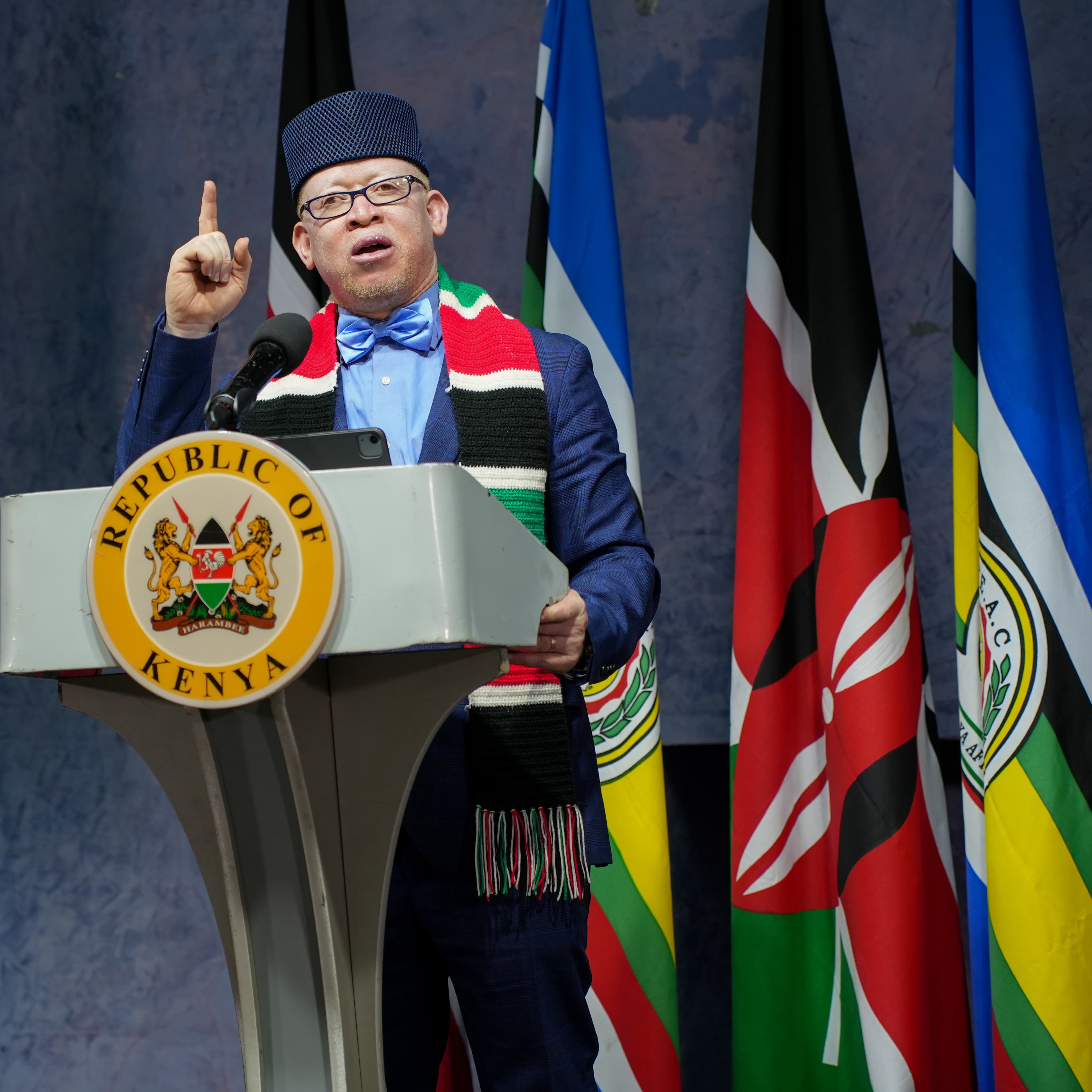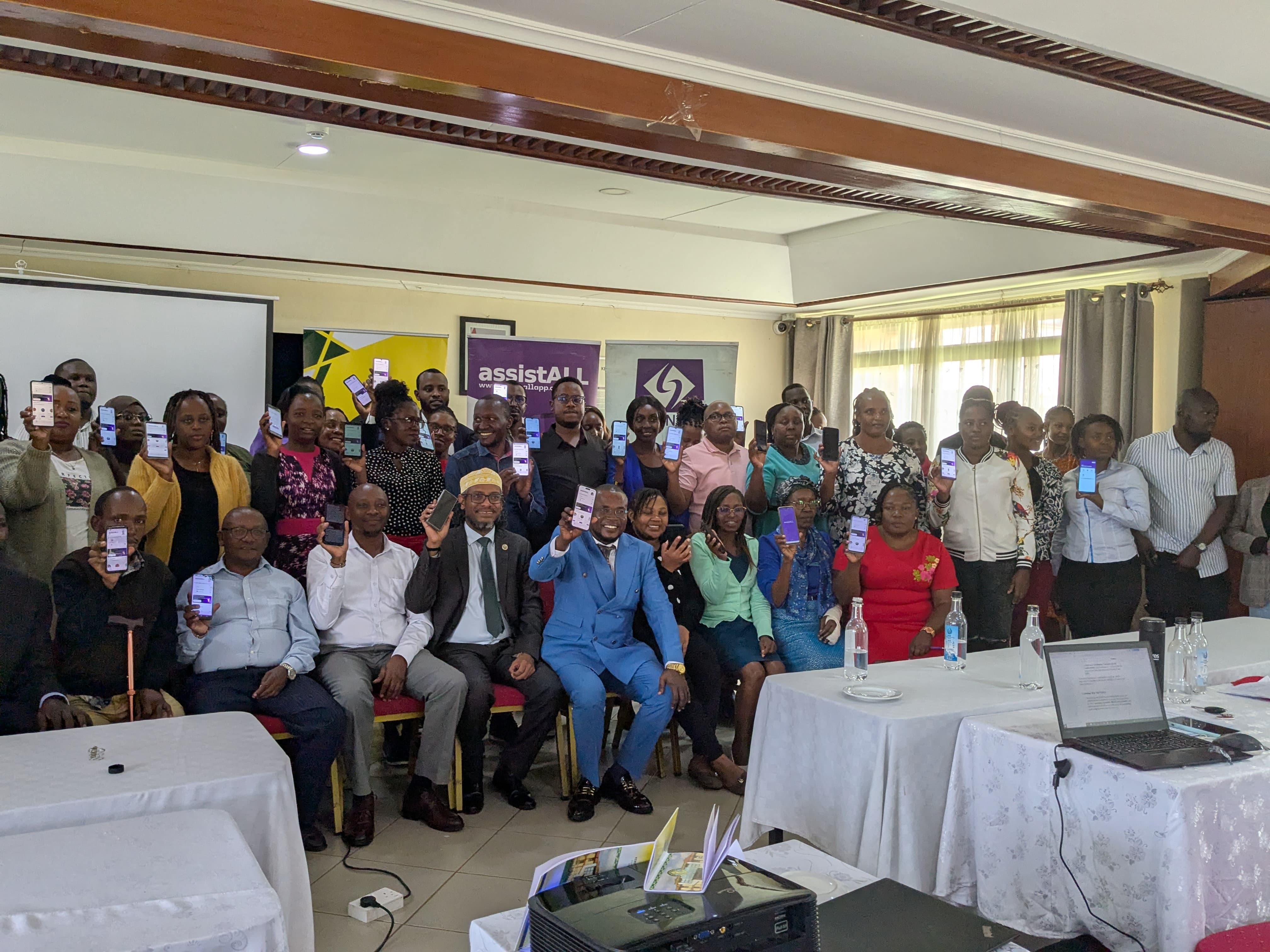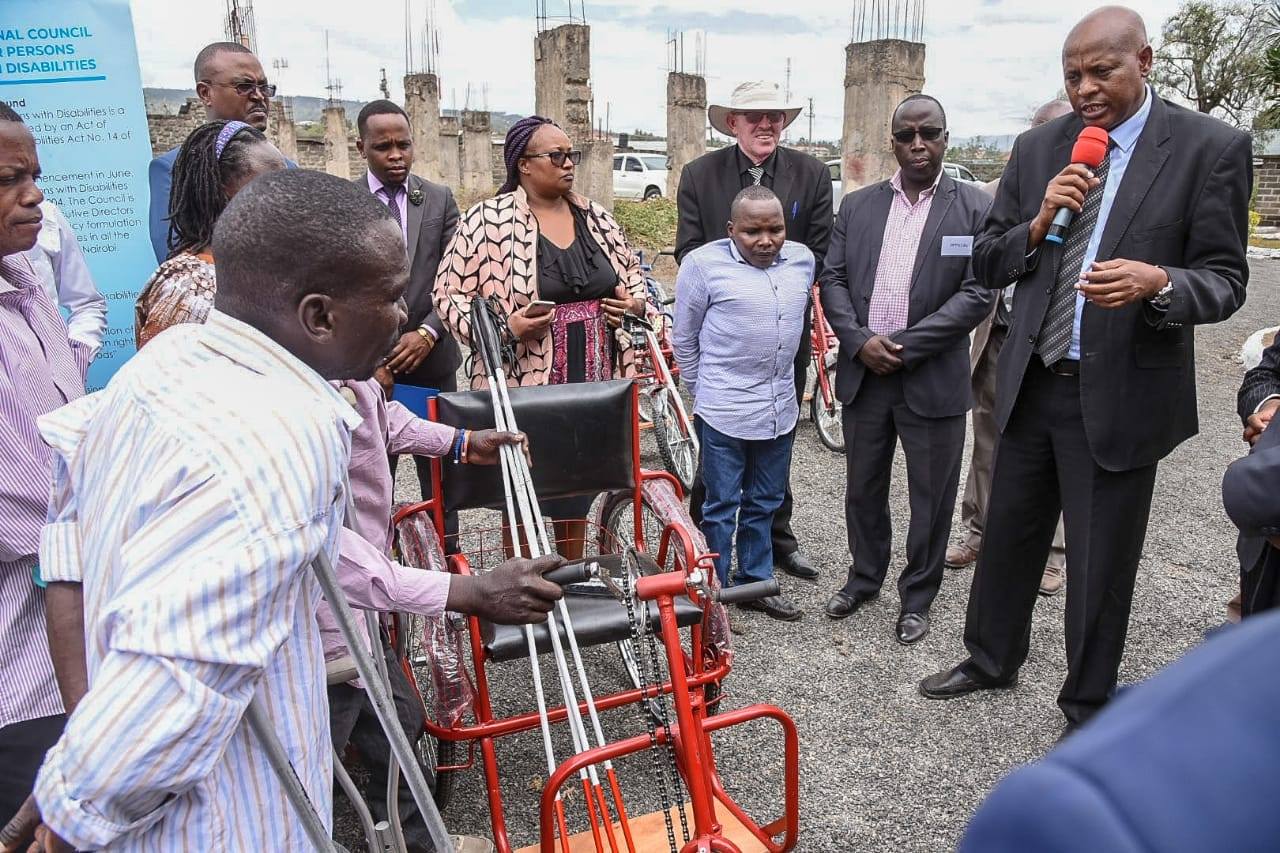Children of Deaf Adults: Navigating the Dual Worlds of Language and Culture
In a world filled with diverse cultures and languages, there exists a unique group of individuals who belong to the Children of Deaf Adults (CODA) community. CODAs are hearing individuals born to one or both Deaf parents. Their unique cultural and linguistic background profoundly influences their lives, granting them valuable insights into the diverse Deaf culture and the opportunities, and difficulties associated with being raised in a bilingual, bicultural setting.
CODAs are often considered cultural bridges, seamlessly connecting the Deaf and hearing worlds. From a young age, they navigate the complexities of two languages: spoken language and sign language. This bilingualism provides CODAs with a unique perspective and valuable skills in communication.
One of the most significant aspects of growing up as a CODA is early exposure to sign language. Many CODAs learn sign language as their first language from their Deaf parents. This exposure fosters a deep connection to Deaf culture and community. It also allows CODAs to communicate fluently with Deaf family members and understand the nuances of sign language, which is a visual and expressive language.
CODAs often face the challenge of navigating dual identities. They are both members of the Deaf community and the hearing world. This dual identity can bring a sense of richness and belonging but may also lead to feelings of being caught between two worlds, especially when societal perceptions of Deaf culture and sign language differ from their own experiences.
Growing up as CODAs, these individuals become natural advocates for inclusivity and accessibility. They witness firsthand the barriers that Deaf individuals face in a predominantly hearing world. Many CODAs become passionate about promoting accessibility, advocating for Deaf rights, and working to eliminate communication barriers in various settings, including education, healthcare, and public spaces.
Despite their unique perspectives, CODAs may also encounter challenges related to misunderstandings and misconceptions about Deaf culture. They may need to explain Deaf culture and sign language to their hearing peers, educators, or coworkers. Additionally, CODAs sometimes experience the burden of interpreting for their Deaf family members in situations where qualified interpreters should be provided.
The CODA community is a diverse and vibrant one, with individuals from various cultural backgrounds and experiences. CODAs bring their unique perspectives to society, enriching it with their bilingualism, cultural knowledge, and advocacy for inclusion
In conclusion, Children of Deaf Adults, or CODAs, occupy a unique space at the intersection of Deaf culture and the hearing world. Their experiences, bilingualism, and cultural awareness contribute to a more inclusive and diverse society. As advocates for accessibility and understanding, CODAs play a vital role in breaking down communication barriers and building bridges between different communities.


